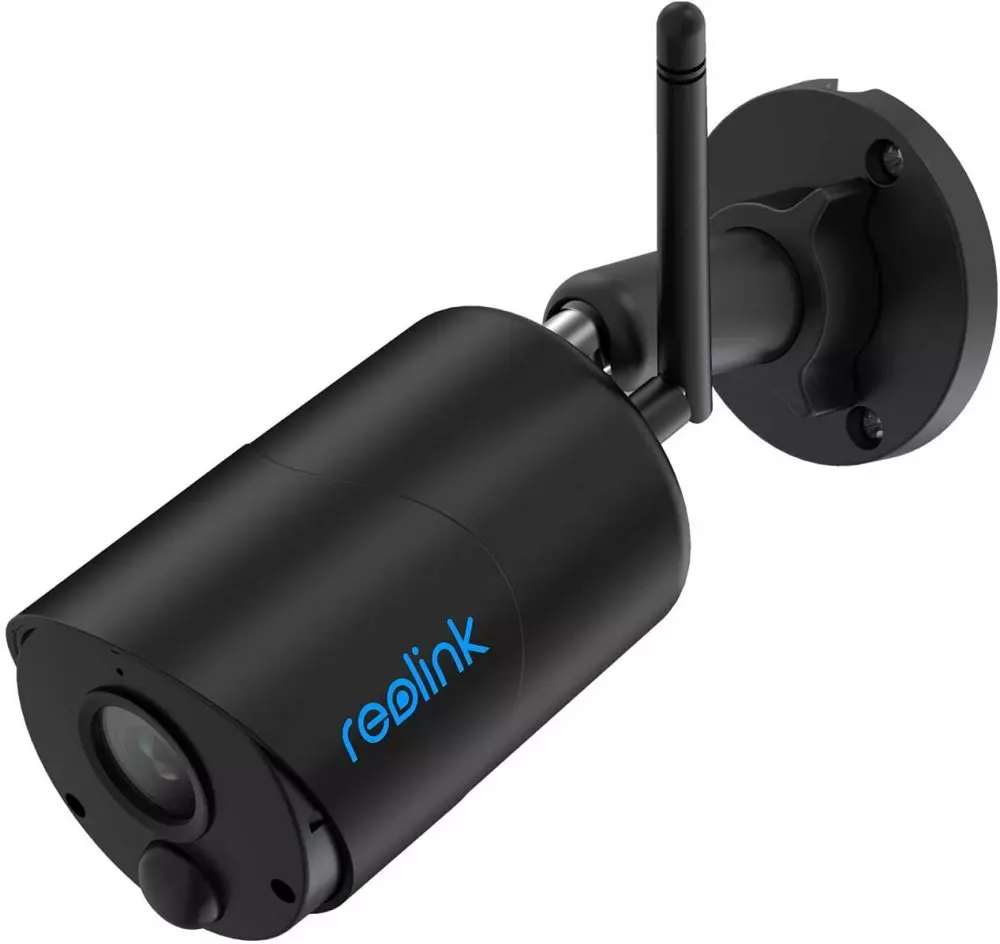
In today’s data-driven world, web scraping has become an invaluable tool for extracting information from websites. Whether it’s for competitive analysis, market research, or simply gathering data for analysis, web scraping can provide a wealth of information.
While there are various methods for web scraping, one of the most efficient and reliable approaches is using Web Scraping APIs.
In this article, we’ll take a deep dive into the world of Web Scraping APIs, exploring what they are, how they work, and their advantages.
Understanding Web Scraping APIs
Web Scraping APIs, also known as Web Scraping Services or Web Data APIs, are application programming interfaces that allow developers to retrieve structured data from websites in a more controlled and efficient manner.
Unlike traditional web scraping, which involves making HTTP requests and parsing HTML content, Web Scraping APIs provide a streamlined way to access data.
They act as intermediaries between your application and the target website, making the process of data extraction more accessible and manageable. A good example of this is WebScraping.AI.
How Web Scraping APIs Work
The fundamental principle behind Web Scraping APIs is to provide a set of endpoints or methods that allow users to specify the desired data, URL, and other parameters.
The API then sends a request to the target website, retrieves the data, and returns it in a structured format, typically in JSON or XML.
This structured data can then be easily processed and integrated into your applications, databases, or analysis tools.
Here’s a simplified step-by-step guide on how Web Scraping APIs work:
- Authentication: Many Web Scraping APIs require authentication to ensure that only authorized users can access the data. This typically involves using an API key or token.
- API Request: Users make a request to the API, specifying the target website, the data they want to extract, and any additional parameters.
- HTTP Request: The Web Scraping API sends an HTTP request to the target website, just like a web browser would.
- Data Extraction: The API extracts the data from the website’s response, using techniques like parsing HTML, CSS, or JavaScript execution, depending on the website’s structure.
- Data Formatting: The extracted data is then formatted into a structured format like JSON or XML, making it easy to work with.
- API Response: The structured data is returned to the user’s application as an API response.
Advantages of Web Scraping APIs
Web Scraping APIs offer several advantages over traditional web scraping methods:
- Ease of Use: Web Scraping APIs abstract the complexities of web scraping, making it accessible to developers with varying levels of expertise. You don’t need to worry about parsing HTML or handling web requests manually.
- Efficiency: Web Scraping APIs are optimized for performance. They can retrieve data more quickly and reliably, and some even offer features like caching to reduce the load on the target website.
- Structured Data: APIs provide data in a structured format, which simplifies data processing and integration into your applications. This ensures consistency and makes it easier to work with the extracted information.
- Scalability: Web Scraping APIs are often scalable, allowing you to fetch data from multiple sources simultaneously or on a scheduled basis. This is crucial for large-scale data collection.
- Legal and Ethical Considerations: Many Web Scraping APIs are designed to comply with the terms of service of websites and respect their policies. This reduces the risk of legal issues or getting blocked by the target website.
Use Cases
Web Scraping APIs find applications in various industries, including:
- E-commerce: Price monitoring, product information extraction, and competitor analysis.
- Finance: Stock market data, financial news, and economic indicators.
- Real Estate: Property listings, market trends, and neighborhood data.
- Marketing: Social media data, sentiment analysis, and lead generation.
- Research: Academic and scientific research, data collection, and analysis.
Web Scraping APIs offer a powerful and efficient way to extract data from websites. They simplify the process, provide structured data, and ensure compliance with legal and ethical considerations.



